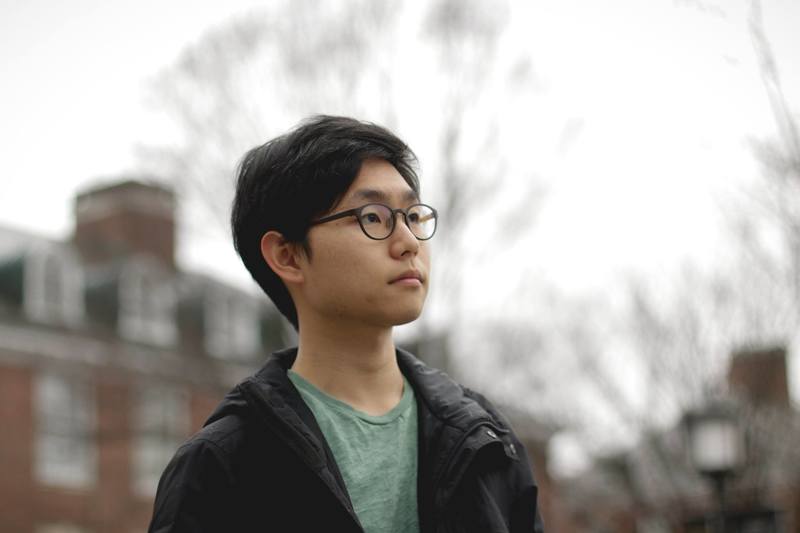Jae Choi
How has your immigrant background played a role in your life and shaped your identity?
“I moved to the U.S. when I was 9. That was actually the second time that I moved here. The first time, I briefly lived in northern California, but I was really young and don’t remember much about living there. In between moves to America, I lived in several different countries and was used to frequent environmental changes. Looking back on the second time I moved here, I remember my feelings throughout the immigration process pretty clearly. Moving to America the second time turned out to be a big culture shock. It was probably my most difficult transition. I remember feeling much more aware of my cultural identity and the ways in which I might differ from my peers. This isn’t true of all places around North Texas, but the suburban area that I lived in wasn’t terribly diverse. Some neighboring cities had more populations of different backgrounds, but I was probably the only Asian kid at my elementary school when I moved to Texas. It felt weird. There was an obvious language barrier, which caused miscommunication with my peers, but there was also a heightened awareness of how different I was from others. I remember experiencing some bullying as a kid because of my cultural and ethnic background. And I think that kind of aggression and all those negative interactions just made me more and more self-conscious as I got older. For a long time, I didn’t enjoy life in America very much. I’ve gotten used to living here since then. Those memories don’t bother me as much now and I’ve been identifying myself as an American citizen since gaining citizenship when I turned eighteen. I like living in America now, but it was still a difficult time in my life.”
What prompted you to share your story today?
“I definitely wanted to share my story because I want people to understand that immigration isn’t easy. It can be stressful, difficult, and pretty alienating. And I hope that, through the stories that are shared, immigrants at Hopkins can feel like their experiences as immigrants weren’t experienced in isolation - especially for people who come from rarer countries. I know there are a lot of students from places like Korea, China, and France, but I know there are some other students who feel isolated just because of how far removed their country of origin is. I’m hoping that I can help contribute to a better sense of mutual understanding among people.”
